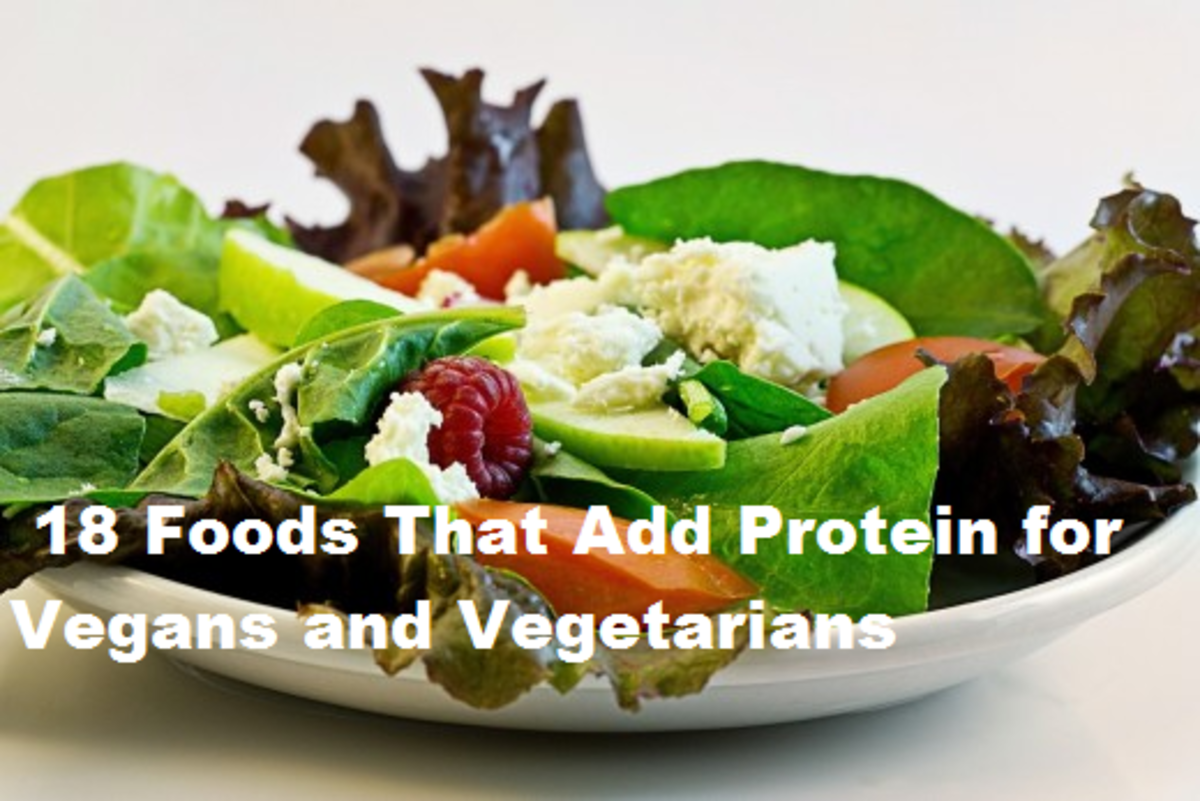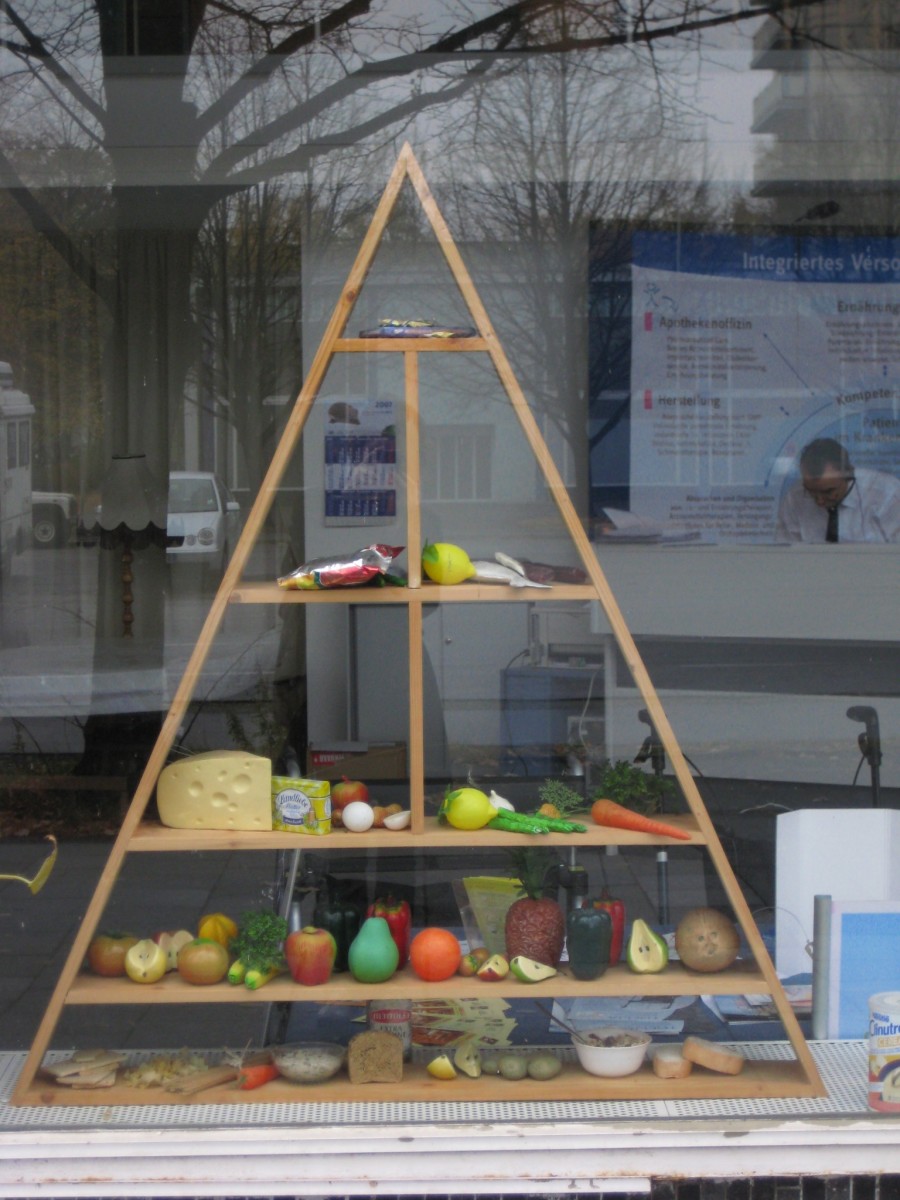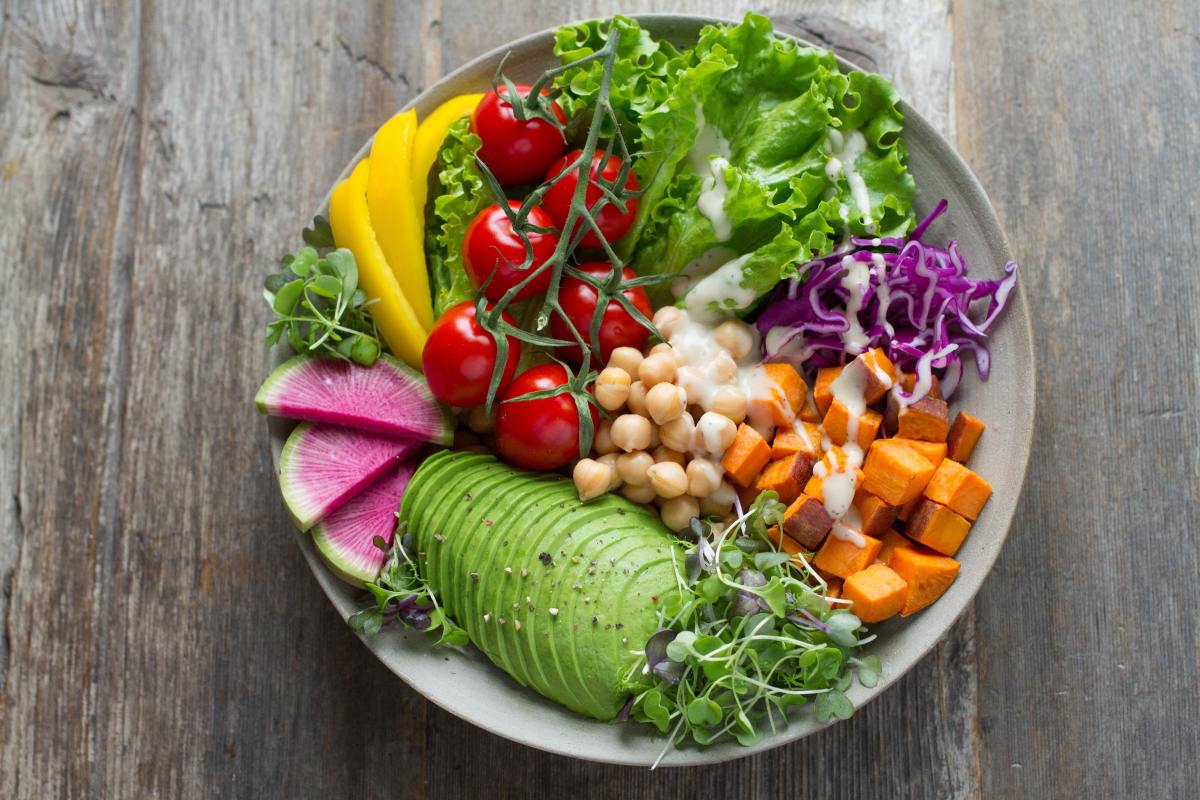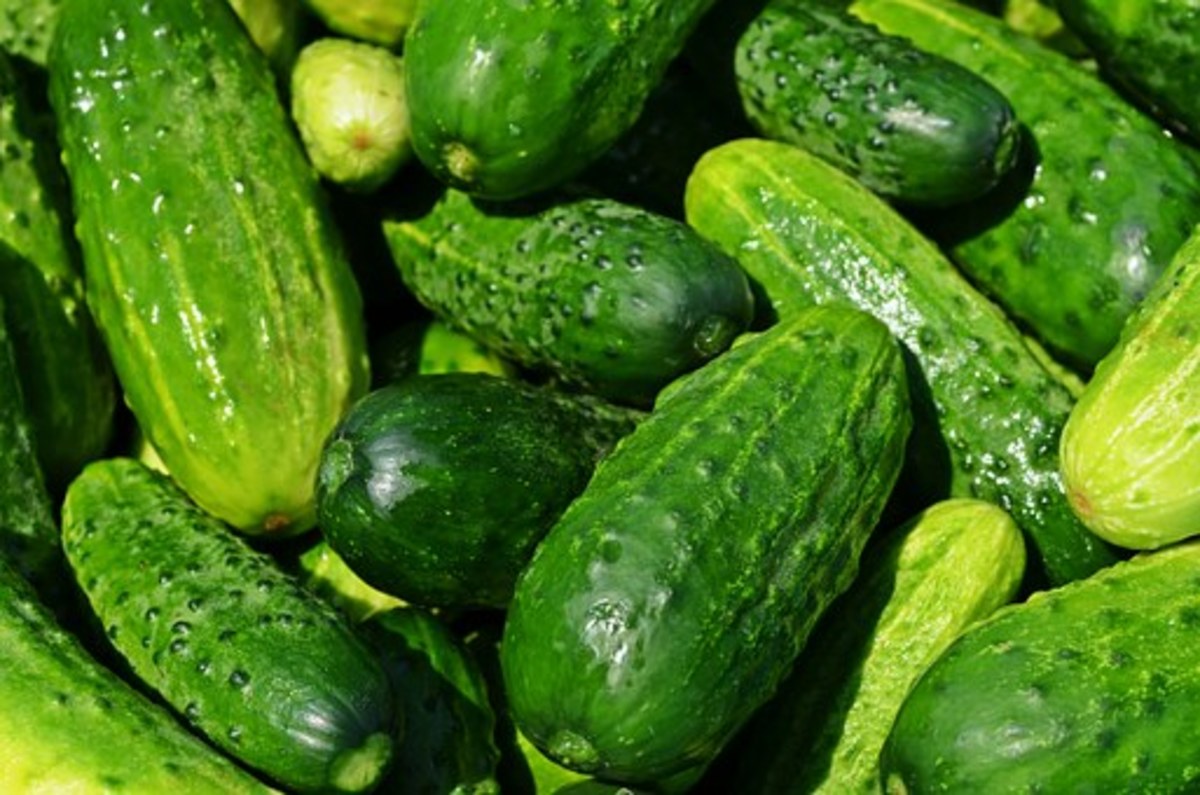Why Vegetarian?
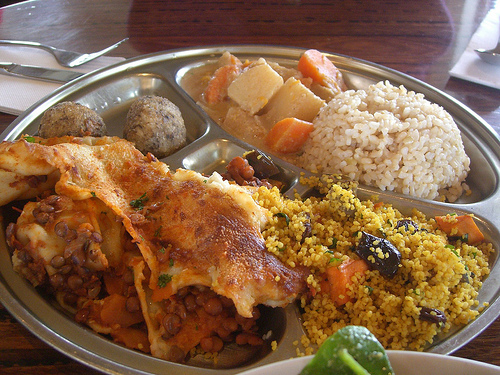
There are many reasons why a person may decide to go vegetarian. A person may choose to exclude meat from their diet for health, spiritual or political reasons. The diet of a vegetarian includes nuts, seeds, legumes, grains, fruits and vegetables. There are many meatless vegetarian products made to replace meat products such as veggie burgers, hot dogs, sausage and even veggie cold-cut slices of bologna, turkey and ham. These replacements are usually made from a mixture of grains and vegetables. Meatless vegetarian products can help with the transition to becoming a vegetarian.

History
The mathematician and philosopher Pythagoras believed in a vegetarian diet in 580 BCE. He believed that being a vegetarian and avoiding cruelty to animals was important to developing peaceful human co-existence. He also believed that animal cruelty brutalized the human soul. His ideas derived from ancient Egypt and the Babylonians who practiced vegetarianism as part of their religion in 3200 BCE. When there was an interest in classical antiquity during the Renaissance period, vegetarian ideas of animals being sensitive to pain and consideration for their well-being appeared again. It was also revisited during the Enlightenment Period, while new interest in the scientific method reflected an opposite view. Descartes work to scientifically prove that animals did not have souls led to the use of animal experimentation and vivisection.

Animal Welfare
During the enlightenment, the methods of slaughtering animals was extreme. Pigs were flogged to death and hung up by rope to allow the meat to tenderize. Other animals were hung up alive until they bled to death. Concern for the welfare of animals has been a big reason for people to become vegetarians throughout history. Today, the US uses mechanized factory systems to slaughter over 7 billion animals a year. Methods continue to be cruel and brutal. Factory chicken farms often will put chickens into crowded cages and cut off their beaks to prevent them from pecking each other to death.

Environment
It takes a great deal of resources to raise animals for food. For instance, for every pound of meat produced it takes 2,500 gallons of water. It takes about 25 gallons of water to produce a pound of wheat. The amount of food it takes to feed cattle livestock in the world amounts to enough food to feed 8.7 billion people. Currently, only 5 million tons of grain is needed to feed the 15 million children that starve to death each year. Livestock animals are fed over 100 million tons of grain a year. Another environmental consideration is that a vegetarian only requires 1/6 acre a year to fulfill their diet needs, whereas a meat-eater needs 3 ¼ acres. Considering the land and water requirements, many people choose a vegetarian diet as a way to help the environment.

Spiritual Beliefs
Religious texts such as the Upanishads and the Rig Veda encourage a vegetarian diet. Ancient Asian religious philosophies such as Zoroastrianism, Hinduism and Brahmanism all encouraged a vegetarian diet and respect for all life forms. Buddhism also encourages vegetarianism and compassion for all living creatures. Early Christians often persecuted those who broke from tradition and believed in such philosophies as Manichean-ism, which was against animal slaughter. A vegetarian christian sect known as Bogamils in Bulgaria were burned at the stake for heresy. Among early Christian vegetarians that escaped prosecution were St. Francis of Assisi, Patron Saint of Wales and St. David.
Health Benefits
The health benefits associated with a vegetarian diet are another reason people make the switch. According to Brown University, a vegetarian diet tends to be high in fiber and low in fat. Vegetarians are also at a lower risk for developing diabetes, obesity, hypertension, heart disease and various cancers such as breast, ovarian or colorectal cancer. On the other hand, animal-based diets can lead to stroke and heart disease from the high amounts of cholesterol, protein and saturated fat. It was also found that vegetarians had lower mortality rates in the Oxford Vegetarian Study in the United Kingdom. According to Boston University, vegetarians also tend to be more physically active, smoke less and drink less alcohol.
- Going Vegetarian - Pros and Cons
While I personally am not a vegetarian, it is a lifestyle choice that I often contemplate and will more than likely one day switch to for several reasons. The first of those reasons is that I often feel guilty for eating another living thing,... - Going Vegetarian? Don't Forget These 6 Key Nutrients
Eliminating meat from your diet is a big (but rewarding) change! Here is a quick look at some of the more important nutrients to keep in mind when switching to a vegetarian diet. - Going Vegetarian: In Transition
Transitioning to vegetarianism can be a daunting task, but it can be made easier if one goes veggie in small steps, a little at a time, examining meal choices and learning to earnestly taste food.
Risks
The risks associated with a vegetarian diet have to do with possible vitamin deficiencies. These problems can be remedied by taking supplements and adjusting diet. Some of the possible problems include intakes of vitamin B-12, vitamin D, calcium, zinc, possibly riboflavin and protein. Protein can be obtained by making sure beans, tofu, nuts, seeds, dairy products, peas, whole grains and tempeh are included in the diet. Calcium can be obtained from consuming 3 cups of cheese, milk or yogurt a day. It can also be found in leafy greens such as kale, collards and spinach.
Vitamin B-12 is one of the more problematic vitamins to obtain for vegetarians because it is only found in animal products and bacteria in the soil. However, consuming dairy products and eggs can help vegetarians obtains the necessary vitamins. Vegans who don't consume dairy or eggs will need to take a supplement. Vitamin D, which helps the body absorb calcium, can be obtained from dairy products, fortified soy milk and sunlight.
Iron can be another big problem for vegetarians. Iron can be found in seeds, dark green vegetables, dried fruits, and soybean nuts. Also, consuming foods high in vitamin C will help the body absorb more iron.
Becoming a Vegetarian
You can become a vegetarian by gradually eliminating meat products from your diet or just going completely off meat altogether. Either way, it may help your transition to switch to meatless vegetarian products in the short term. Regardless, it's important to make sure you eat a wide variety of whole-grain products, vegetables and non-fat or low-fat dairy products. According to Brown University, you should also limit your intake of sweets and high fat foods and take a supplement to make sure you are getting plenty of vitamin B-12 and D.

